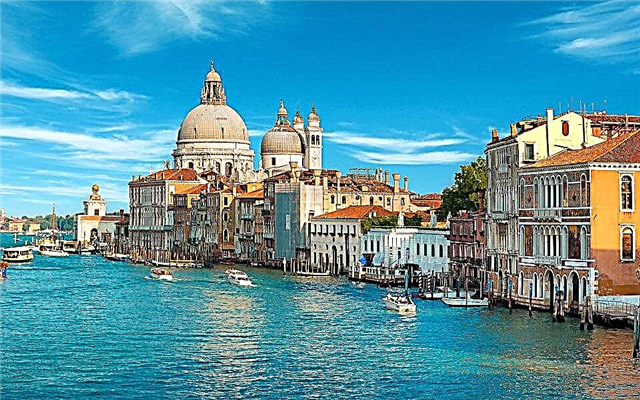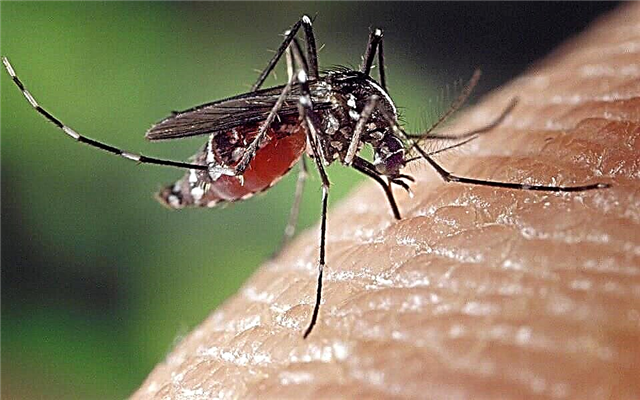The practice of quarantine has changed over the centuries. However, the concept of protecting public health by restricting the movement of those who may have serious illnesses remains unchanged.
Although being in quarantine is usually unpleasant, it remains only to console yourself with what used to be worse. History knows many interesting facts related to quarantine, after which modern measures may seem the most tender care for the population.
10. Quarantine and Hippocrates
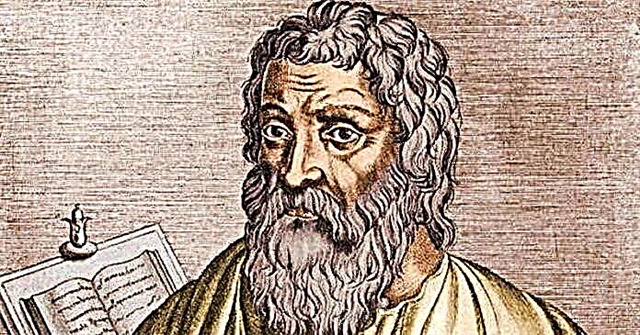 The idea of isolating the sick is very old. Hippocrates (460-370 BC), known as the father of modern medicine, discussed the concept of quarantine in his three-volume work on epidemics.
The idea of isolating the sick is very old. Hippocrates (460-370 BC), known as the father of modern medicine, discussed the concept of quarantine in his three-volume work on epidemics.
This is especially interesting when you consider that back in the days of Hippocrates there was a theory that the disease spreads from miasms. Doctors thought miasma was bad air coming from rotting organic matter in the earth.
9. Etymology of the word "quarantine"
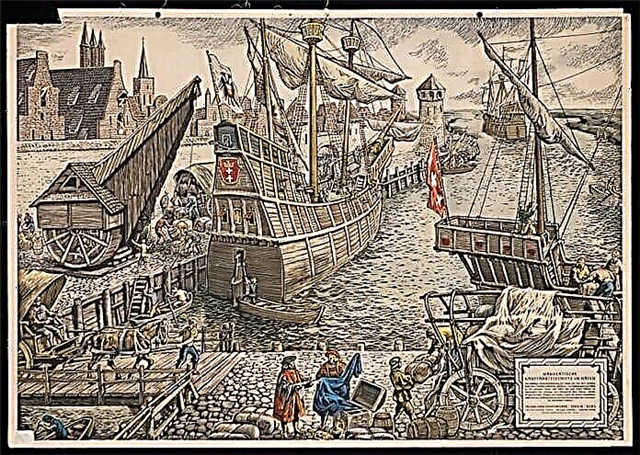 The word “quarantine” was first used in the 1660s and describes “the period when a ship suspected of carrying the disease is in isolation.” Quarantine is not a coined word, but a borrowed word, arising from the Italian term quaranta giorni, which literally means “forty days”.
The word “quarantine” was first used in the 1660s and describes “the period when a ship suspected of carrying the disease is in isolation.” Quarantine is not a coined word, but a borrowed word, arising from the Italian term quaranta giorni, which literally means “forty days”.
8. Quarantine has a flag

The black and yellow flag, also called the "Yellow Jack", is an international quarantine signal.
Such a flag was hung out on a ship that arrived at the port with many sick people on board. So local authorities could learn about the outbreak and immediately take the necessary measures.
After local authorities determined that the health problems on the ship had been resolved and the quarantine ban lifted, a completely yellow flag was hung on the ship.
7. Quarantine as a policy
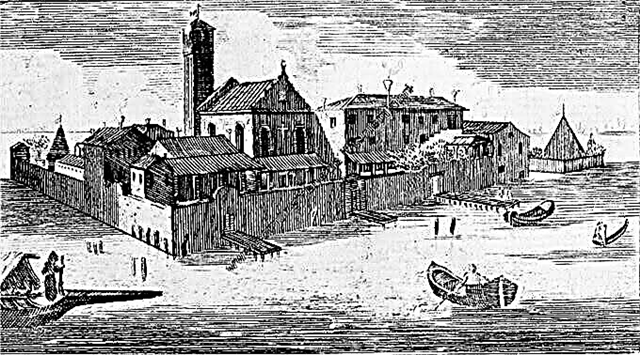 Quaranta giorni is a Venetian policy first introduced in 1377 to protect Venice from one of the worst pandemics in human history.
Quaranta giorni is a Venetian policy first introduced in 1377 to protect Venice from one of the worst pandemics in human history.
The Adriatic port city of Ragusa (modern Dubrovnik) was the first to pass a law requiring mandatory quarantine of all arriving ships and merchant caravans to check for infection.
The Venice Grand Council initially ruled that travelers from plague-infected areas should remain isolated for 30 days. Later this period was extended to 40 days. For 41 days, a medical board was on board the ship, which decided whether the ship could go to the harbor.
Some historians consider the quarantine decree of Ragusa one of the highest achievements of medieval medicine. After deciding to isolate healthy sailors and merchants for 30 days, Venetian officials showed a remarkable understanding of the incubation period. The new arrivals may not have had symptoms of the plague, but they were isolated for a sufficiently long time to determine whether they were really sick.
In 1403, Venice founded the world's first marine quarantine station, or lazaretto, on the island of the church of Santa Maria di Nazareth. The name "Lazaretto" was in honor of the impoverished Lazarus, the patron saint of lepers in Catholicism. Later, all quarantine hospitals founded by the Venetians in Europe began to be called "infirmaries".
6. Importance of 40-day quarantine
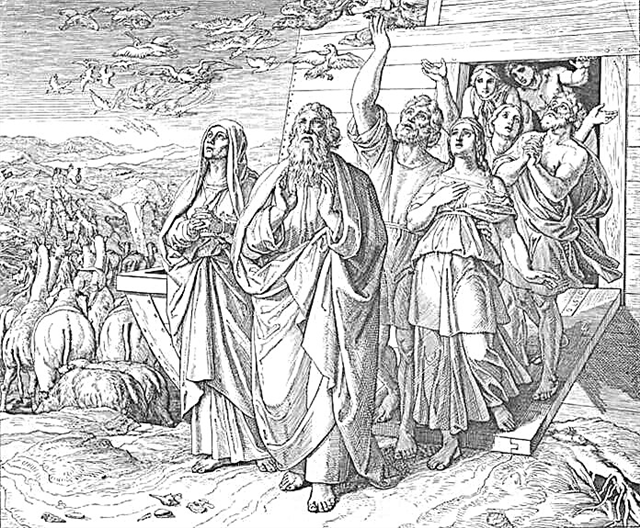 Venice officials may have enforced a 40-day quarantine because this number was of great symbolic and religious significance to medieval Christians. When God made the Flood, it rained for 40 days and 40 nights, and Jesus fasted in the wilderness for 40 days.
Venice officials may have enforced a 40-day quarantine because this number was of great symbolic and religious significance to medieval Christians. When God made the Flood, it rained for 40 days and 40 nights, and Jesus fasted in the wilderness for 40 days.
Even before the plague appeared, the biblical idea of a 40-day period of purification passed into the practice of public health. For example, after giving birth, the mother had to rest for 40 days.
5. Basic Principles of Quarantine Listed in the Bible
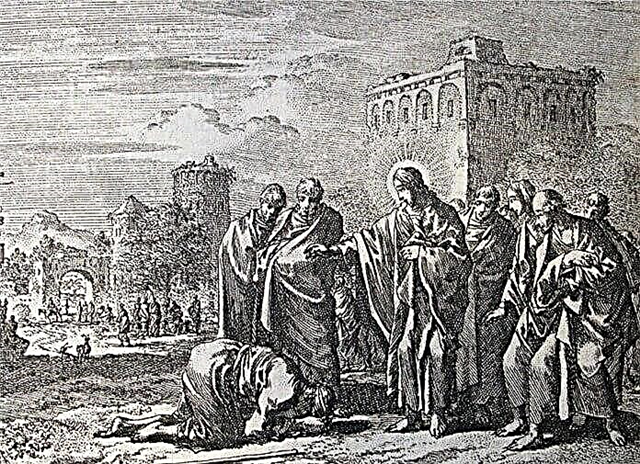 In the book of Leviticus you can find recommendations on how to deal with "unclean" or lepers. Anyone with white sores on their skin should immediately contact a priest who isolated the patient for seven days.
In the book of Leviticus you can find recommendations on how to deal with "unclean" or lepers. Anyone with white sores on their skin should immediately contact a priest who isolated the patient for seven days.
- "On the seventh day, the priest will examine him, and if the ulcer remains in its form and the ulcer does not spread on the skin, the priest must imprison him for another seven days."
- "On the seventh day, the priest will examine him again, and if the ulcer is less noticeable and the ulcer does not spread on the skin, then the priest should declare it clean: it is depriving, and let him wash his clothes and be clean."
- "If lichens begin to spread over the skin after he has appeared to the priest for purification, then he must again appear to the priest."
- "The priest, seeing that lichens spread on the skin, will pronounce him unclean: this is leprosy." - Leviticus 13: 5-8
People declared “unclean” were ordered to live separately, their home was supposed to be outside the camp.
4. Astronauts of Apollo 11 were in quarantine so that “lunar embryos” would not get to Earth
 The triumphant return of the Apollo 11 mission was fraught with a serious threat. NASA's space agency could not be sure that dust particles or potential microorganisms from the moon would be safe for humans.
The triumphant return of the Apollo 11 mission was fraught with a serious threat. NASA's space agency could not be sure that dust particles or potential microorganisms from the moon would be safe for humans.
It goes without saying that the accidental release of the lunar plague could erase all the good publicity received as a result of the Americans landing on the moon. Just in case, NASA decided to establish a three-week quarantine for the Apollo 11 crew.
However, at this time they did not sit back, but wrote reports, underwent polls and underwent regular medical examinations. However, astronauts did not find any "lunar embryos", and in the evening of August 10, 1969 they were released home. But the samples of lunar soil had to remain in quarantine much longer - for a period of 50 to 80 days.
3. Typhoid Mary and her lifelong quarantine
 Perhaps the most famous example of quarantine in American history, in which civil liberties are opposed to public protection, is the story of Mary Mallon, better known as Typhoid Mary.
Perhaps the most famous example of quarantine in American history, in which civil liberties are opposed to public protection, is the story of Mary Mallon, better known as Typhoid Mary.
The first asymptomatic carrier of typhoid fever in the United States, she never felt sick, but, nevertheless, spread the disease among wealthy families in which she worked as a cook.
Officials isolated Mary on North Brother Island in New York. Released three years later, under oath, she promised not to cook for anyone else. However, Mary broke her oath and continued to spread the disease, so she was returned to North Brother, where the woman remained in isolation for the rest of her life. At the same time, Typhoid Mary was a local celebrity, and even gave interviews to reporters. But none of them took even a glass of water from her hands.
2. Quarantine - for the poor, and the rich can sit at home
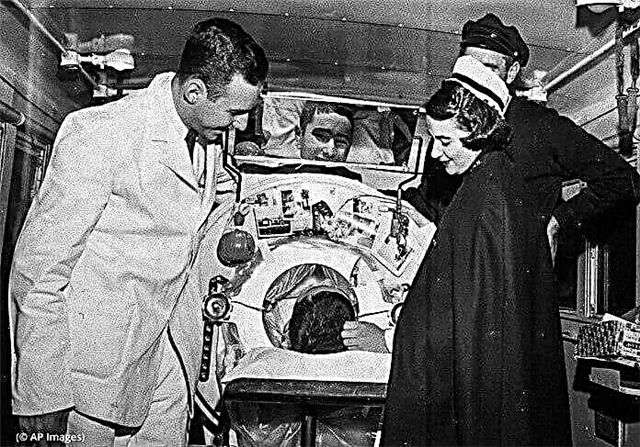 In 1916, when the polio epidemic hit New Yorkers, authorities began to forcibly separate children from their parents and quarantine them.
In 1916, when the polio epidemic hit New Yorkers, authorities began to forcibly separate children from their parents and quarantine them.
However, wealthy parents could keep their sick children at home if they could provide them with a separate room and medical care. By November, the epidemic was over, but not before more than 2,300 people died, mostly young people.
1. Quarantine for girls of easy virtue
 Another interesting fact about quarantine is related to the period of the First World War. At this time, the US authorities quarantined (in other words, imprisoned) more than 30,000 prostitutes, trying to curb the spread of sexually transmitted diseases. Historian Allan Brandt called this effort "the most coherent attack on civil liberties in the name of public health in American history."
Another interesting fact about quarantine is related to the period of the First World War. At this time, the US authorities quarantined (in other words, imprisoned) more than 30,000 prostitutes, trying to curb the spread of sexually transmitted diseases. Historian Allan Brandt called this effort "the most coherent attack on civil liberties in the name of public health in American history."
Priestesses of paid love were allowed to quarantine as soon as it was confirmed that they no longer had an STD.






